Is coffee high in histamine? Unfortunately, that's a complicated question to answer. While coffee is definitely not an antihistamine, the topic of coffee and histamine intolerance is riddled with misinformation on all sides.
This is due in no small part to the fact that histamine intolerance is still a relatively unknown ailment. This article is based on my own rather extensive research and personal experience with coffee and histamine intolerance.
Medical Disclaimer: as with everything on this site, this article is provided for information only. I strongly urge you to speak with your doctor or a licensed medical professional in order to assess whether or not you have histamine issues and/or other medical issues.
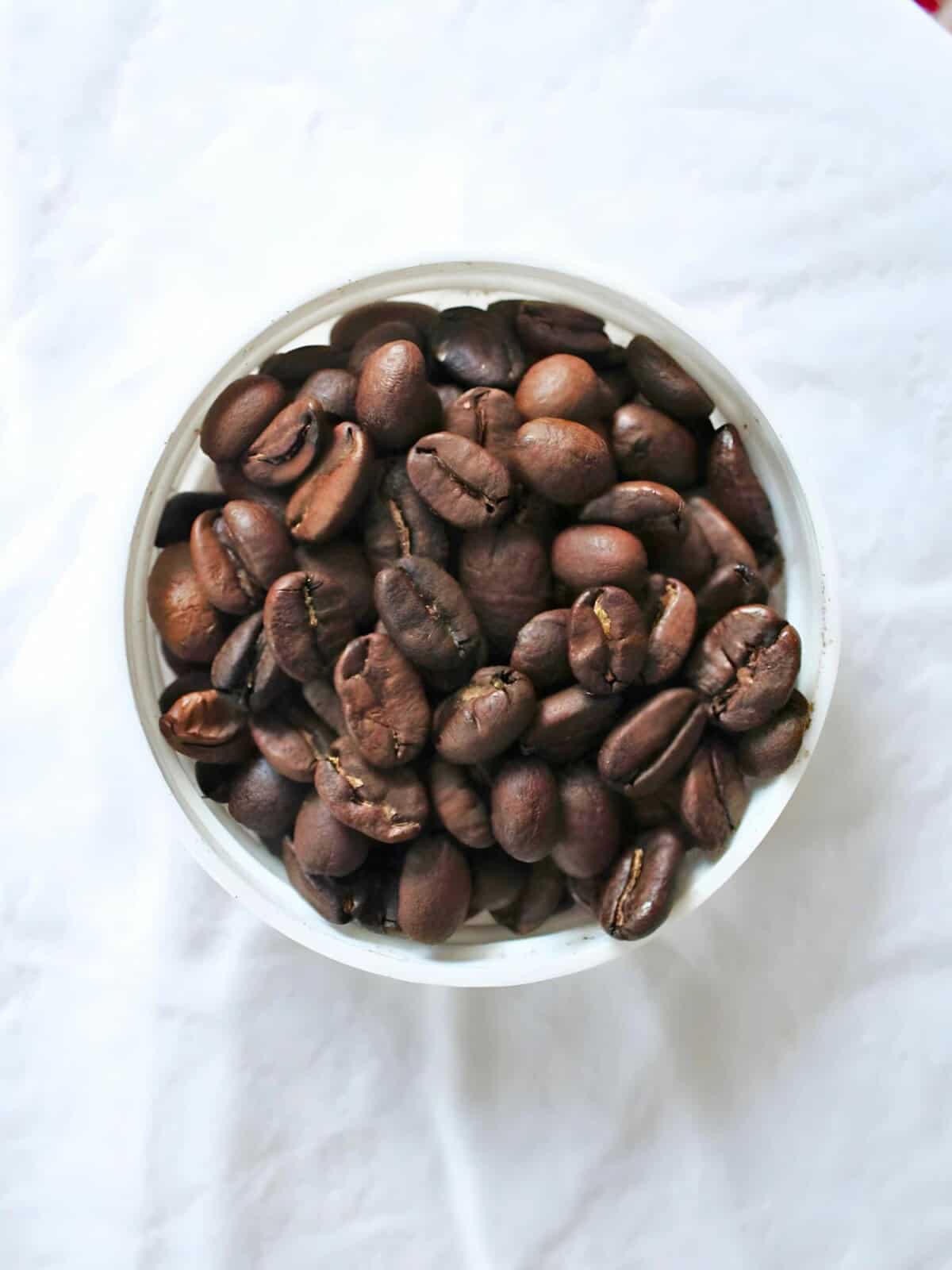
Jump to:
🤔 Is Coffee High Histamine?
The answer: not exactly. To understand the histamine content of coffee, it's important to understand that few foods naturally contain really high levels of histamine. Most foods which contains high levels of histamine are fermented foods, like kimchi and beer, but most coffee isn't fermented for long.
This is because coffee is usually fermented for the sole purpose of more easily removing the skin of the fruit surrounding the beans. The seeds of the coffee fruits (called coffee cherries when on the tree) are more often called coffee beans, but they start off as little red fruits on trees grown around the equator.
When the seeds are fermented, this can build up histamine levels within the beans, which persist once they're processed, roasted, ground, and brewed into your morning cuppa.
Fermentation isn't the only consideration with coffee and histamine intolerance, however; there's also the matter of caffeine. Coffee histamine levels are low from the bean to the cup, but the same can't be said for the caffeine content.

☕️ Coffee & Histamine Intolerance (Caffeine!!)
Caffeine is the bitter molecule in coffee which wakes people up, and can be quite addictive. It's theorized that it blocks the effects of diamine oxidase (DAO), an important histamine degrading enzyme. This basically means that it blocks the "cleaning up" of histamines from the system.
So even if you're drinking an unfermented coffee, if you consume any coffee alongside foods which do contain or "free" histamines in your food, then you may just be worsening your system's response. Coffee histamine levels may be low, but for most people it's still an irritating substance (stomach-wise, at least).
So is decaf coffee high in histamine? It's possible. Decaf coffee may actually be even worse for you if you have histamine issues, due to the way decaf coffee is processed in order to get rid of the caffeine. Each of these processes involves either a large amount of chemicals or a large degradation in the flavor of the beans.
Either way, decaf coffee isn't always the best choice (though it works for some people), and you'll never find a coffee without histamine at all. The difference with coffee & histamines will be thanks to time.
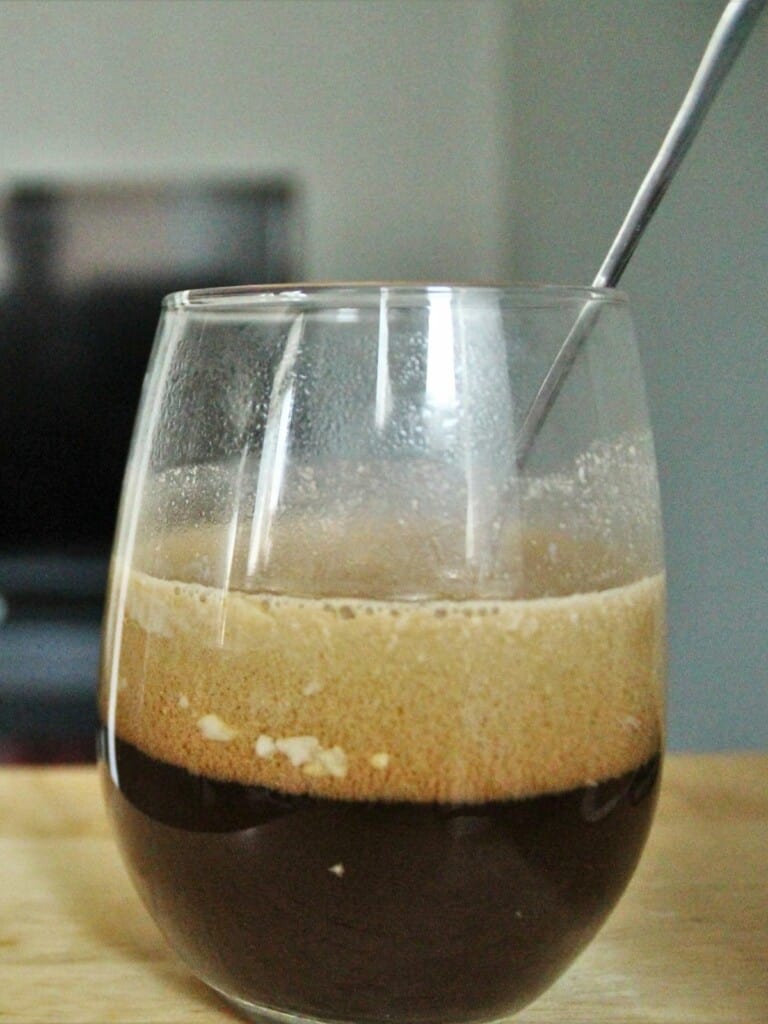
❓ Can I Drink Coffee on a Low Histamine Diet?
You can eventually drink coffee on a low histamine diet; of that I am living proof. But don't add coffee back into your diet until after your system has calmed down, at least a month into your elimination diet, or else you could undo all of your good work.
I waited more than 2 months before trying a cup of coffee, and even then I bought the "safest" coffee I could find. When you're adding in coffee again, start with a few sips on the first day, then half a cup the next day, and if you continue to by reaction-free, enjoy a whole cup.
Even today I don't have more than one cup a day because I don't like to push my luck (or my DAO levels too low), but be your own judge. Your coffee-histamine relationship could be much better than mine, especially if you can handle smaller histamine flares of high histamine levels, which coffee consumption may cause.
Unfortunately, some people may just not be able to tolerate coffee at all. If your body can't handle it the first time you try to add it back in (when my body can't handle something, I get an almost immediate stomachache), give it another two or three months and then try again.
I KNOW! That sounds like a very long time, but hide the moka pot and all will be well. I promise. For those who can handle coffee, there are now plenty of low histamine coffees on the market, and most of them ship!
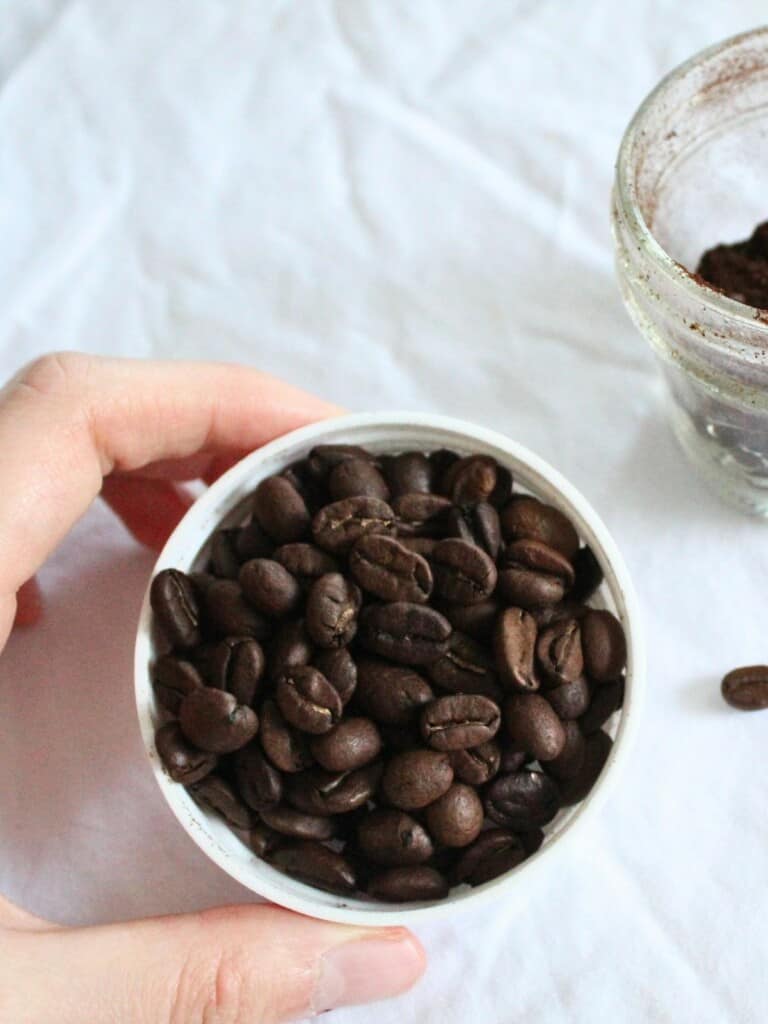
✔️ Low Histamine Coffee Brands
While some coffee is high histamine (in practical terms) and should be avoided, these days there are some options out there. Here are a select few of the low histamine coffee brands out there, all certified organic and mold free.
Bags of beans usually come in 12oz. packages, and if you're not used to drinking "fancy" coffee, this may cause some sticker shock. But hopefully this list helps you continue to enjoy our favorite beverage (in moderation).
Purity Coffee
This is the brand I drink almost every time I have coffee. As hesitant scared as I was to add coffee back into my diet considering how acidic people always say it is, I was surprised by how little my system seems to react to Purity.
The brand was originally started by a husband in search of answers to his wife's own health ailments. Purity's organic green coffee is rigorously tested for mold, pesticides, and Ochratoxin A (which may cause kidney damage), and then roasted & shipped within 48 hours of each order.
The company's grown a lot in the last three years that I've been buying form them, now offering single-serve coffee options, four different roast blends, and a heady decaf option.
Bulletproof Coffee
Bulletproof has built up a strong reputation with the keto crowd for their smooth, chocolatey beans. Sourced from high-altitude estates in Guatemala, each harvest is processed in a way to minimize mold & toxin exposure, but not certified.
It's not certified organic, either, but that's an expensive and lengthy process to put on often poor farmers, so I don't hold that against them. Despite the lack of thorough testing, they're on this list because they have a great reputation for quality.
Clean Coffee
Many coffees hit the stomach like a lemonade, hard and acidic. But Clean's beans are low acid, and independently tested for mold, mycotoxins (ochratoxin A, aflatoxin), acrylamide, heavy metals, and more than 300 pesticides.
This will be the next brand I order online, once my Purity runs out, especially because they use only Colombian coffee beans. Overall, it seems like a great coffee for histamine intolerance, considering most of our root causes.
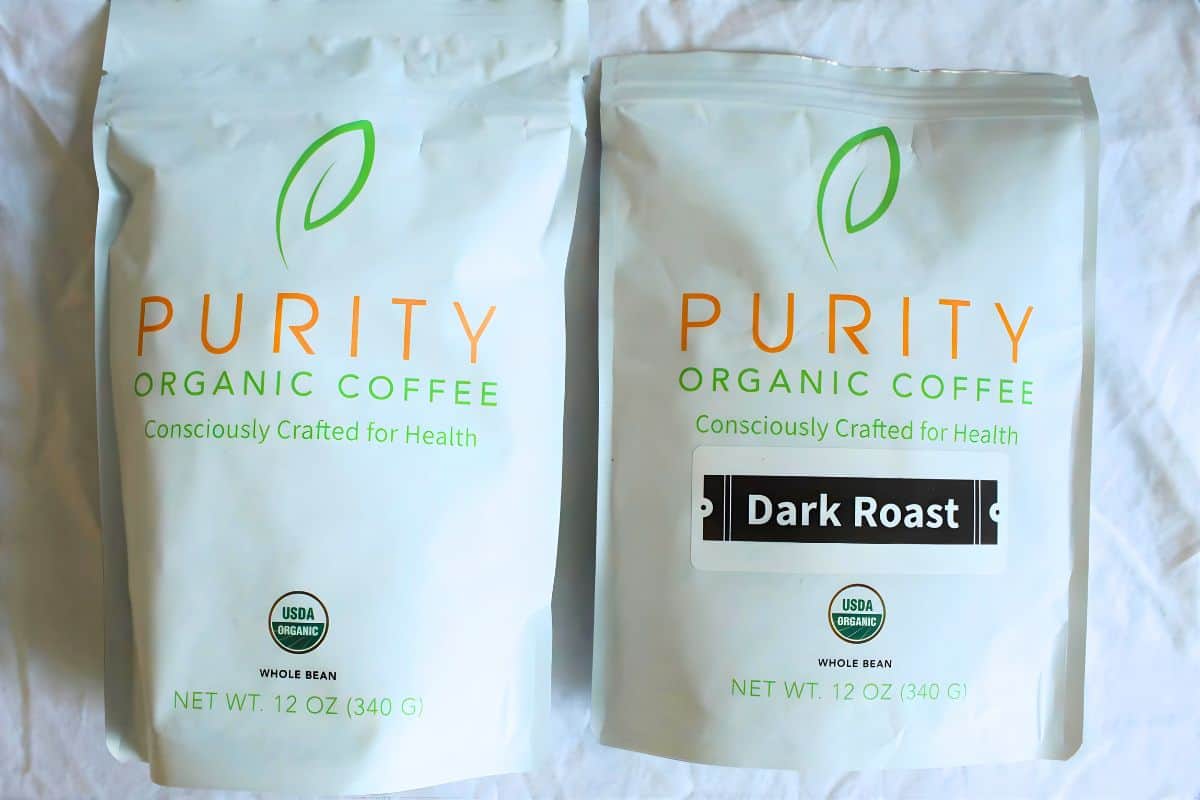
✅ Tips For Drinking Coffee With Histamine Intolerance
1. Buy organic, mold-free beans like the ones above, and go for a regular brew rather than decaf. Darker roast beans will actually have lower levels of caffeine, which is slowly degraded during the roasting process, so if you're grabbing coffee while out & about, go for the dark roast.
2. When you're getting takeaway coffee, only order organic coffees prepared fresh, on-site, otherwise you're just begging for a histamine reaction. Order your coffee black or with a small amount of milk alternative, and NO sugar.
3. Sugar is not your friend— to sweeten your coffee, stick to histamine-friendly sweeteners, like stevia or monk fruit extract. After a few weeks of morning coffee and no reaction, I switched from a pinch of monk fruit extract to a dash of my own sugar blend, which is coconut sugar & monk fruit extract.
Figure out which low GI sweetener works best for you, but just stay away from sugar alcohols, which can mess up your stomach even more.
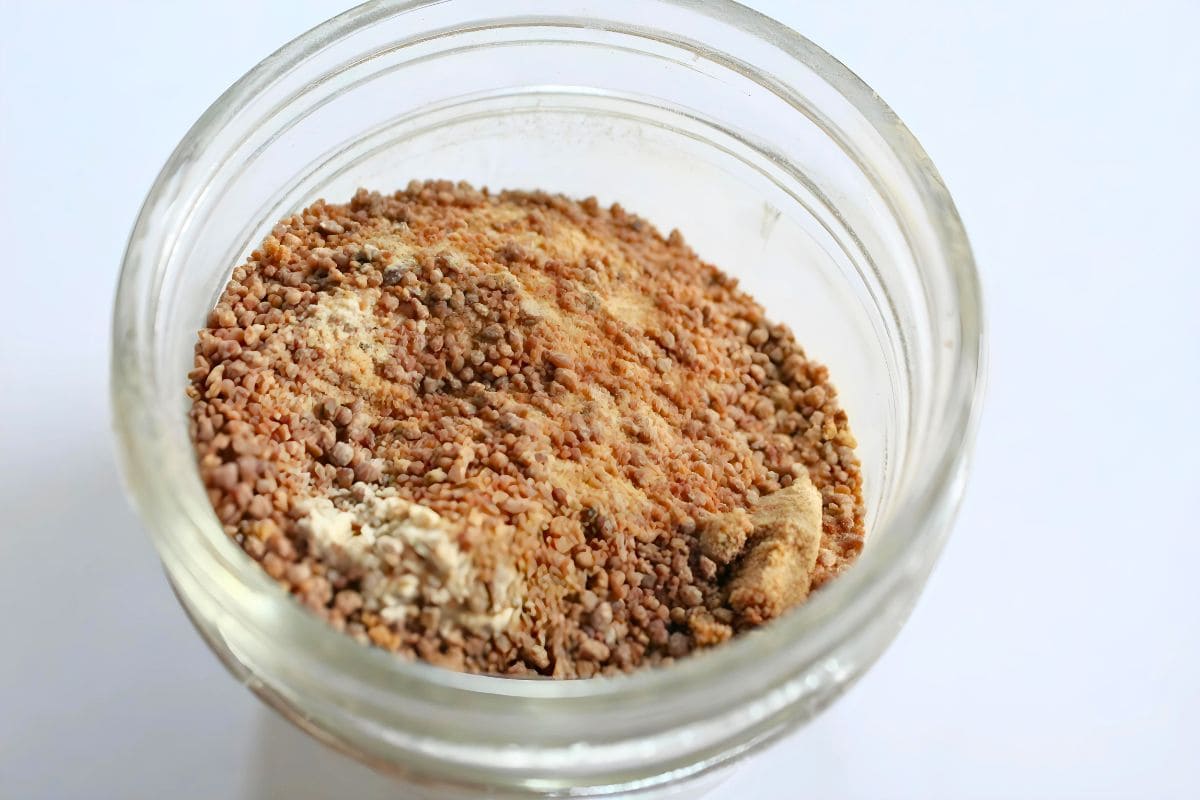
4. Keep your coffee frozen. Buy coffee in whole bean form and invest in a coffee grinder to grind your beans yourself, little by little. I grind three or four days worth of coffee at a time and keep the ground coffee in a small container in the freezer, right above where I keep the whole beans.
This allows for some convenience and limited histamine build up.
5. Remember that dairy is not histamine-friendly. Personally, I can't tolerate it, and I've found lots of workarounds in the form of milk alternatives and high-quality oils.
If you're early in your HIT Journey but it's been long enough that you're trying coffee again, consider adding in a milk alternative and a pinch of monk fruit extract for a low histamine latte. Powdered milk alternatives can make for a great low histamine coffee creamer.
6. Studies have shown that adding fat to your cup of coffee (I like coconut milk powder) can stop it from staining your teeth. This is because the tannins in coffee which would otherwise bind to your teeth, then bind to the fat instead, inhibiting its staining ability.
Even if you normally drink your coffee black, adding in a teaspoon of coconut oil can stop the coffee from staining your teeth.
7. Drink up! Consume your coffee within a half hour of making it, because just like all other foods, the longer you leave it out, the longer your coffee can build up histamines.
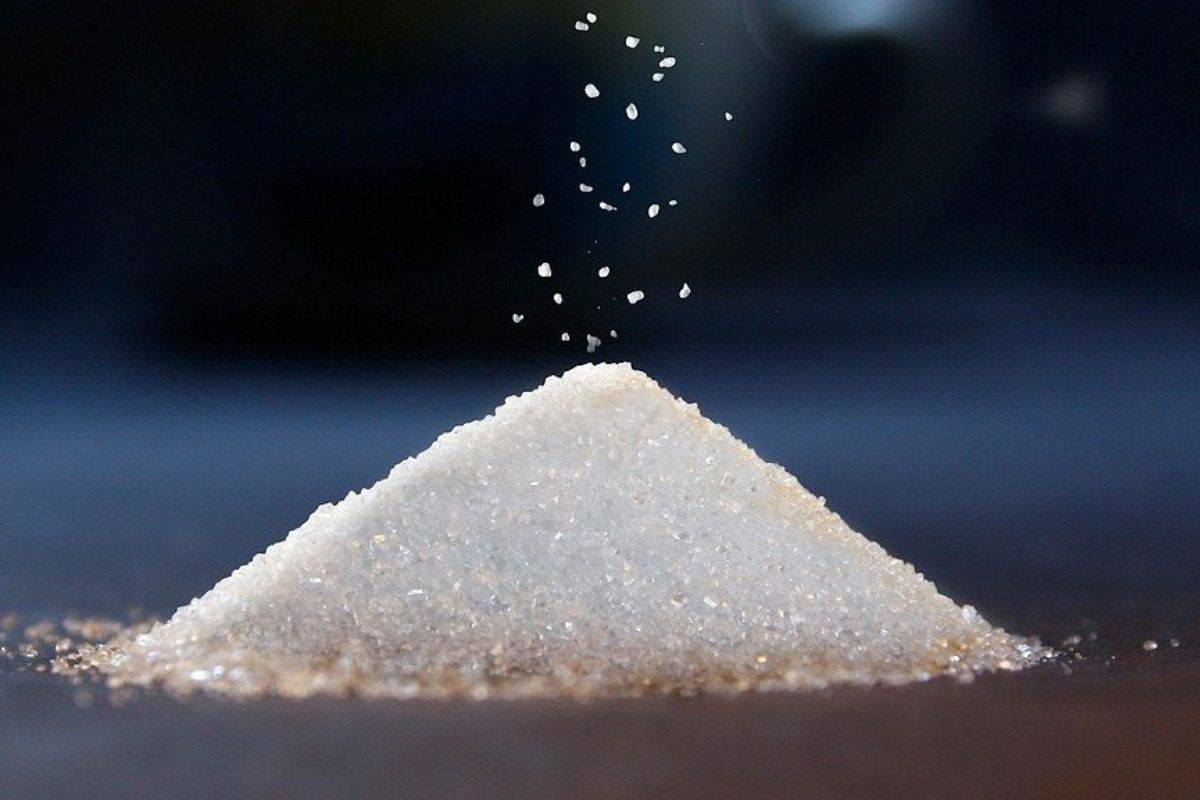
No, coffee is not an antihistamine, but it's generally considered to not be good for those with histamine intolerance.
Unless you've been scarfing down moldy coffee for many year, drinking coffee has probably not caused your histamine intolerance. But it can play a role in helping you heal, or continuing your suffering.
It's really the potential mold exposure & the caffeine in coffee that should be considered here. Caffeine may block the effects of diamine oxidase (DAO), an important histamine degrading enzyme, while mold can cause your body's immune system to go wild. A generic coffee, nonorganic and not mold-free, and of unknown origins, will probably not go down well if you have histamine intolerance. In the end, coffee does affect histamine levels, because caffeine can keep histamine levels high while mold can cause it to continue rising.
Coffee beans themselves are low in histamine, but the presence of caffeine in the beans can prevent your body from clearing histamines from your system. This makes coffee low in histamine, but high in histamine-increasing potential. And this is for an organic, mold-free brand like Purity!

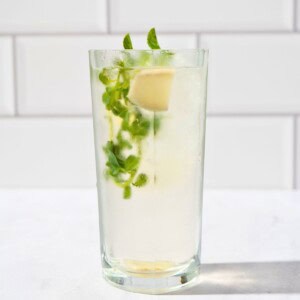
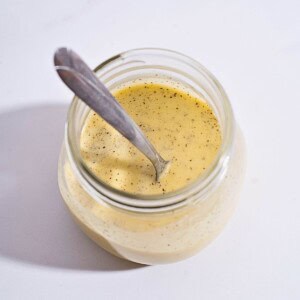
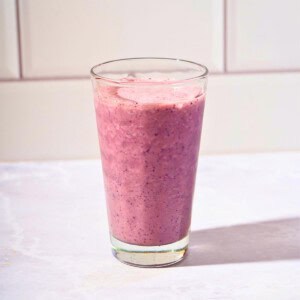

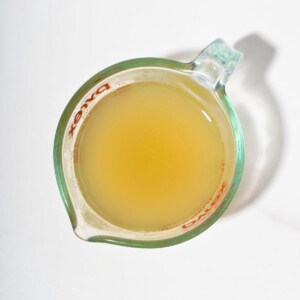
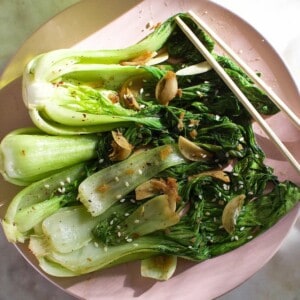


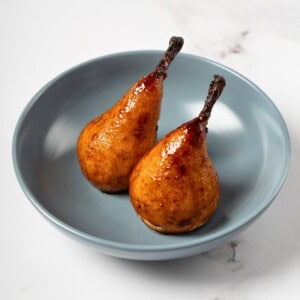
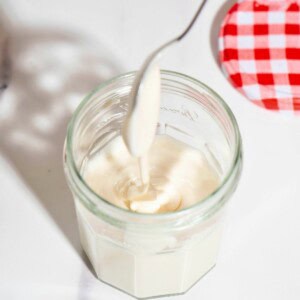



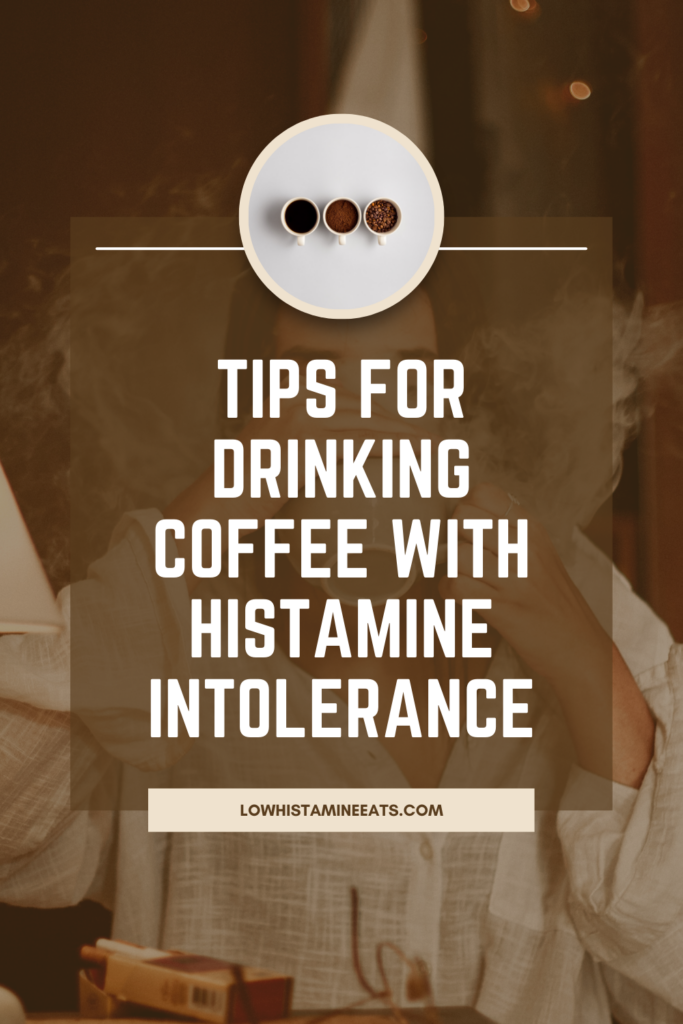
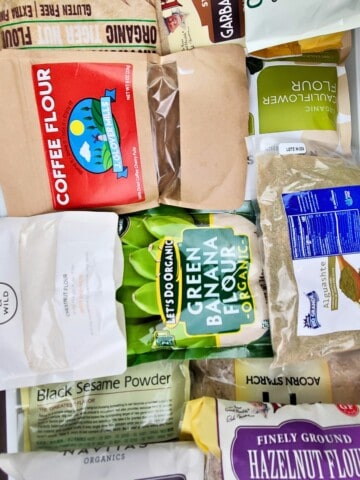
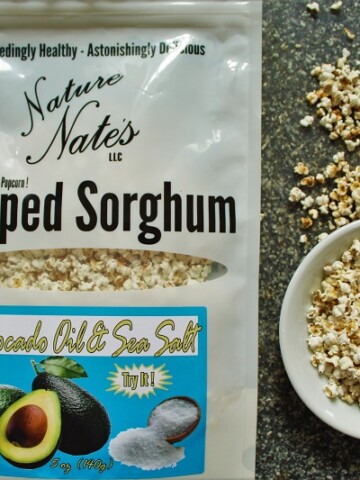
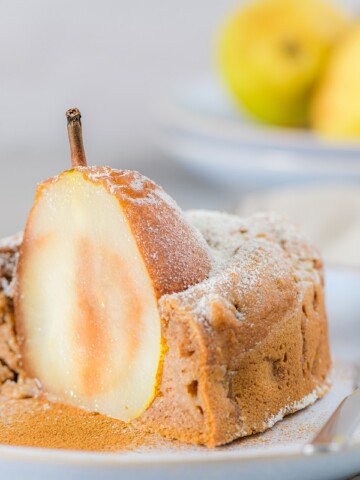
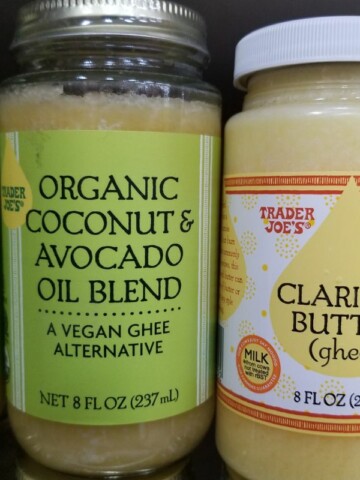
Lori says
Is it ok to freeze coffee beans? I have read that it can contribute to mold even with the great brands like Purity which we love!!! I was freezing until I read that so now store in those coffee containers which keep air and moisture out. Wondered if you had ever heard that? Thanks so much! Love your site and recipes!
Max says
Thanks, Lori!! I actually keep all my newly-purchased whole coffee beans frozen, and do the same after I grind them. I like using sealed quart-sized bags for this, as well as my own (very clean) coffee grinder so that I know what's going into it. Mold can barely stay alive in the freezer, much less continue to grow, so I don't prsonally worry about this. But if you're worried about mold then I would do some digging into what types (if any) can keep growing in cold temperatures, and it doesn't hurt to store your coffee in special containers, but I just bag them and then put the bags in tupperware so they fit better into my freezer ha. I think the relative scarcity of mold growth in freezers will ease your mind.
Matt says
Nicely written, thanks.
Max says
Thanks, Matt!
MC Gazzano says
Water process decaffeinated uses water in the decaffeination process. It has made a big
difference for me in lowering the amount of histamine in my bucket. Hope you are feeling better!
Max says
Thank you, MC! I've been off of coffee completely for the last month, but I'm hoping to give it another go in 2023. Something to look forward to! I'm glad you've found something that has made such a difference for you!
Margaret says
Thank you for your articles! I find your website excellent for my personal journey with histamine intolerance. I too concluded coffee was not my friend and have eliminated it from my diet completely now for about 6 mo. I find I still yearn for a cup but when taking that one 1/2 c, my nose starts to stuff up slowly and I feel a sinus headache starting. Elimination diets are pretty amazing if one can completely eliminate a food item. Coffee is an easy item to eliminate as it is not an additive in other foods like wheat, for example. And I do feel way better without coffee. It’s the tradition and emotional comfort of that early morning cup of jo that is very hard to say goodbye to!
Max says
Yeah, I've dabbled with decaf a lot in the past, but it's been out of my diet completely for the last month and I certainly feel better for it! I hope to try again with a bit of decaf sometime early next year, but for now I'll just have to subsist off strong whiffs from passing cups of joe. I'm glad you've found some help in the site, though, and thank you so much for your kind comment! <3
sasha says
hi would the sachets purity coffee makes be higher histamine because theyve been ground? they might contain a preservative too in that case i might ask them. i would get a grinder but i dont know if ill be drinking coffee yet. purity coffee also makes a decaf they say is done with water would you think that would be fine as far as the decaf issue goes? i do want as low caf as possible. is dark roast comparable with decaf or simply less caffeine than a non dark roast? thank you!
Max says
None of the Purity products contain preservatives, nor do any of the other coffee brands mentioned here, mostly because coffee products just wouldn't need them. There are no antioxidants on the market right now which would make a difference in freshness, either, so take that concert off your plate. As for ground coffee, heating and processing does affect the oxalate content, but not the histamine, so that's not directly a concern, either. Water-processed decaf is one of the least-triggering options, but might I also suggest that you look into making cold brew or other cold-temp extraction processes? I've found that espresso made with the traditional machines have been the worst for my stomach, but a decaf cold brew has almost no effect. Dark roast simply has less caffeine, maybe 10% is burned away, but nowhere near as little as decaf. It's worth trying one of their sachets to make some cold brew before writing it off completely, but I hope this info has helped you make your decision! 🙂
Alexandrea Lassiter says
This is so helpful! Thank you for writing this!!
lowhistamineeats says
You're so very welcome, Alexandrea!
Jason says
After reading your post and switching to a mold-free etc coffee my symptoms improved a lot! I can't believe how much of a difference it made in my histamine intolerance battle. As an added bonus, I'm drinking a vastly better tasting cup of coffee every morning. Discovered the Kion brand. Thanks!
lowhistamineeats says
Wow, I'm so glad that you found a brand that made a huge difference for you!! With such a drastic difference, it's definitely worth looking into other potential sources of mold contamination in your life, as you may find that to be the main contributing factor. I'll take a look at the Kion brand. Thanks for the tip, Jason!
Norma Ross says
Green Tea however, is not good for people with histamine issues. It blocks DAO just like coffee does sorry
lowhistamineeats says
Yes, just like the caffeine in coffee, larger amounts of green tea (which is naturally caffeinated) can block too much DAO in people who have issues with histamines. But if it doesn't cause any problems for someone else, they may just have more room in their bucket than usual or be eating lots of antihistamine foods. I'm just glad that people are finding what works for them! 🙂
Santos Byron says
We love sipping green tea year-round, both chilled or served piping hot. Loaded with powerful antioxidants, essential nutrients, and anti-inflammatory polyphenols, green tea has tons of potent health benefits and it sticks better than coffee for us.
lowhistamineeats says
I'm glad you've found something that works for you, Santos!
Mike says
Hi. Are all of these brands both low histamine and mold-free? Any suggestions for how to best use them in a nespresso machine? Thanks!
Mike says
Skimmed to quickly on the first read. I see the no mold references. Still wondering about how best to make it work with my nespresso machine. Thanks!
lowhistamineeats says
Hi, Mike! I'm sorry, I'm not sure how to make it work with a Nespresso machines, but if you can fill your own pods then it's worth investing in a grinder to fresh grind coffee each day after taking the beans direct from the freezer. Good luck, and enjoy!
Lynn B Alloy says
Thanks for the response. I actually ordered 3 bags per your suggestion. I actually tried to find coconut milk powder. Couldn't find it at Whole Foods. Suggestions where to find it?
thx
L
lowhistamineeats says
Oh, please tell me how you like it! I've finally gotten over a cold in the last few days and made an iced latte for the first time in awhile. It's fabulous, and I hope you enjoy it as much as I do! The exact coconut powder I use is linked in this other post. But you can also search for this (Micro Ingredients Organic Coconut Milk Powder, 2 Pound (32 Ounce), Plant-Based Creamer, Perfect for Coffee, Tea and Smoothie, Non-GMO and Vegan Friendly) in Amazon and it should pop up. It's a white bag, and I go through about one a month. I tried two others before this, and both had maltodextrin and mixed weird/inconsistently. That's the only one I've found without additives, and I swear it almost tastes sweet!
Lynn B Alloy says
Thank you! Love your coffee suggestions. I buy organic beans at whole foods. Don't have reactions to coffee but maybe it is helping fill up my bucket when I add in other higher histamine foods.
lowhistamineeats says
Thanks, Lynn, and I'm so glad you've also found something that works for you! After trying Clean Coffee, I'm still sticking to Purity (and ordered a new 5-pound bag last week), and hoping that it's not filling up my bucket, either. I haven't had many reactions lately, though, so I think my system is finally settling down after many months of consistency on the diet. I hope you're enjoying your morning coffee, and stay safe & sane! <3